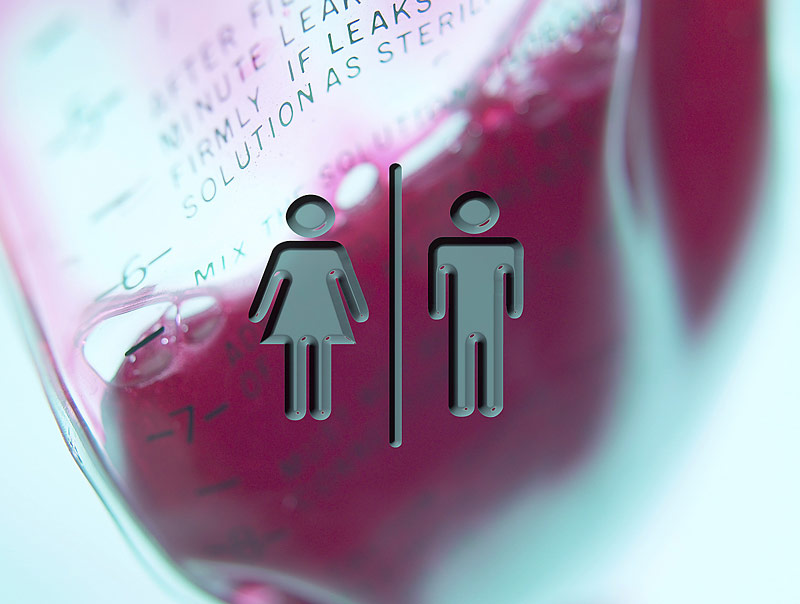
WEDNESDAY, March 7 (HealthDay News) — Researchers report that they were able to create a kind of hybrid immune system in patients who received kidney transplants, a process that appeared to allow the recipients’ bodies to accept a foreign organ instead of trying to reject it.
There are caveats. The research is preliminary and only involved a tiny number of patients. Also, the required procedure is expensive and its long-term effects aren’t known.
But if it works, the process — which involves transferring bone marrow cells from the kidney donor to the patient — could allow organ transplant recipients to avoid a lifetime of taking dozens of pills a day. “It’s a huge step forward,” said Dr. Suzanne Ildstad, director of the University of Louisville’s Institute for Cellular Therapeutics, and co-author of the study published in the March 7 issue of Science Translational Medicine.
The immune system’s job is to keep invaders out of the body, but it can do its work too well when a patient needs an organ transplant. “People think that once you get your transplant, everything is simple, but it’s really far from that,” Ildstad said.
Patients often have to take 15 to 25 pills a day to dampen their immune system, she said, and that can lead to complications such as infections, diabetes, high blood pressure and cancer.
“Even if you’re perfect and take your drugs every day, every year there’s a certain number of transplants lost to chronic rejection,” Ildstad explained.
One way to get the immune system under control is to make it think like the immune system in the person who’s donating the organ. That immune system of the donor would recognize the transplanted organ and not try to get rid of it.
In the new procedure, the researchers removed stem cells from the bone marrow of the kidney donors, put them through a special process designed to give them a boost, then inserted them into the organ recipients.
Essentially, the goal is to create a hybrid immune system — part donor, part recipient — in the bone marrow of the recipient. The marrow then creates cells in the immune system.
Of eight patients, five have not required any medications to suppress their immune systems, Ildstad said. Two of the patients take the medications at a low dose; one patient experienced complications related to blood poisoning and a blood clot in an artery to the kidneys.
The extra cost per patient beyond the expense of the transplant is about $50,000, Ildstad said. The next step is to determine whether the procedure would work for other kinds of transplants, she said.
Ildstad has a financial interest in Regenerex LLC, a company that participated in the study.
Dr. Tatsuo Kawai, a transplant specialist and associate professor of surgery at Harvard Medical School, said the findings are a “big deal.” However, the safety of the procedure still needs to be confirmed, and it remains “highly risky” for the moment, said Kawai, who co-wrote a commentary accompanying the study.
In the commentary, Kawai noted some study weaknesses. Beside its small size, the study lacked a control group of patients who did not receive the new procedure, to allow comparisons. Also, he wrote that it might be difficult for other researchers to validate the findings, as the study doesn’t fully disclose manufacturing details of the new process.
More information
For more about organ transplants, visit the U.S. National Library of Medicine.

